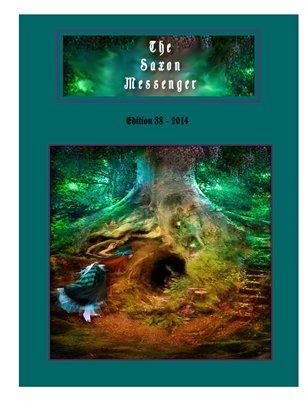Paganism and Christianity Today - August 31st, 2014
This recording was replaced with a much clearer recording at 10:15 AM EST on September 1st. We apologize for any inconvenience caused by the poor quality of the original recording.
Christogenea Europe, Sunday August 31st 2014, William Finck's Opening Remarks
Welcome to the first episode of Christogenea Europe with myself and Sven Longshanks. I apologize for not advertising this program aggressively enough in advance, however I am certain that anyone interested will catch up with us. I am hoping that this program, which for the present time is planned for twice a month but may expand that schedule, becomes a place where Europeans especially can come and inquire about Christian Identity, but of course White men and women from other places on the globe are just as welcome.
For this first program, we hope to talk about paganism and Christianity in Europe today. Therefore I am going to start with some comments from the most prominent nationalist in recent history, Adolf Hitler. Doing that, I may succeed in alienating both pagans and perhaps certain Christians.








 As we have described over the last four segments of this presentation of Paul's epistle to the Romans, from Romans chapter 9 Paul has been discussing and contrasting three different groups: The Israelites of Judaea who remained under the law, the Edomites of Judaea whom Yahweh hates, and the Israelites of the Nations, those of the ancient dispersions who were being reconciled to Yahweh through Christ.
As we have described over the last four segments of this presentation of Paul's epistle to the Romans, from Romans chapter 9 Paul has been discussing and contrasting three different groups: The Israelites of Judaea who remained under the law, the Edomites of Judaea whom Yahweh hates, and the Israelites of the Nations, those of the ancient dispersions who were being reconciled to Yahweh through Christ.




 Please click here for our mailing list sign-up page.
Please click here for our mailing list sign-up page.








Recent comments